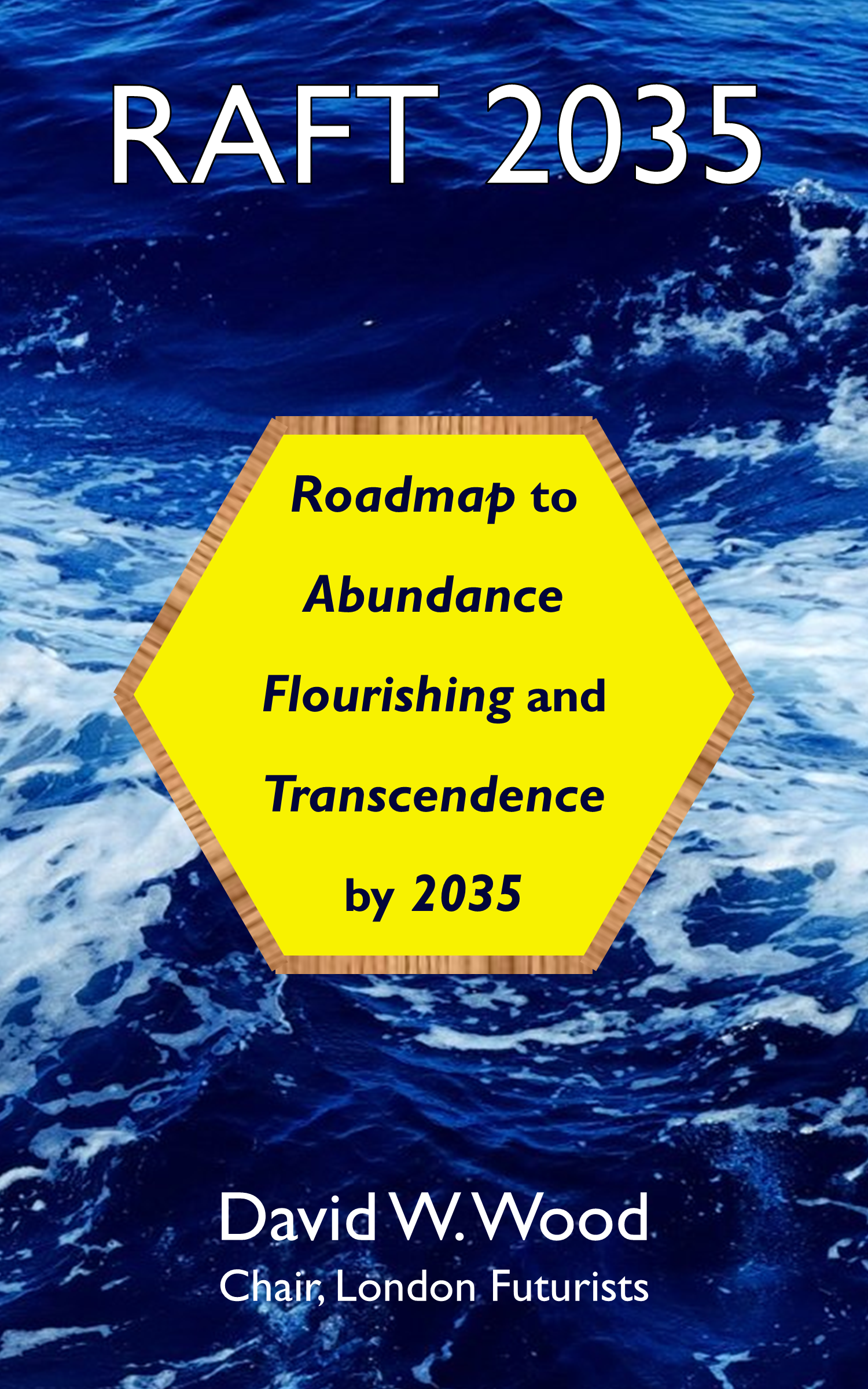Growing a coalition of the willing
The final question arising is “who?”
The Singularity Principles propose that many things should be “questioned”, “clarified”, “required”, “analysed”, “anticipated”, “rejected”, and “promoted”.
Who is going to be doing that questioning, clarifying, requiring, analysing, anticipating, rejecting, and promoting?
Who is going to ensure that
- Groups or individuals are held accountable for any knowing or reckless violation of the principles
- Groups or individuals are financially penalised for spreading dangerously misleading information about their products or solutions
- Sufficient resources are made available to address any shortcomings in adhering to the principles
- Projects are actually halted if they continue to violate the Singularity Principles?
Related, who is going to prevent the consolidation of power in centralised entities that could subsequently misuse that power to seriously damage human flourishing? After all, giving more power to a central authority, so they can vigorously promote and police adherence to the Singularity Principles, risks falling foul of Lord Acton’s famous warning: “power tends to corrupt; absolute power corrupts absolutely”.
My answer to the “who?” question is: a coalition of the willing.
Different people around the world, in numerous different roles, can find their own parts in this grand project:
- Expressing the ideas in this book in new ways that can reach new audiences
- Building bridges to communities that have at least some shared goals and methods
- Finding ways to place these ideas in the forefront of ongoing discussions
- Boosting the “key success factors” of the project:
- Public understanding
- Persistent urgency
- Reliable action against noncompliance
- Public funding
- International support
- A sense of inclusion and collaboration
- Making progress with the various “questions arising” described in previous chapters:
I look forward to seeing various parliamentary bodies, at local, national, and transnational levels, endorsing aspects of the Singularity Principles in their own legislation. At the same time, I look forward to the wider democratic community continuing to
- Monitor what politicians do in their names
- Engage with politicians so that the best insights receive priority attention
- Vote out of office politicians who fail to live up to promises to support human flourishing.
I see particular key roles for transnational bodies such as the EU, ASEAN, the CP TPP, the AU, the G7 (and its successor organisations), and aspects of the UN, the OECD, the World Bank, the ISO, and others.
I also anticipate partnerships from organisations representing the sets of professions that I mentioned, in this book’s preface, as having contributed numerous ideas that are expressed in the Singularity Principles:
- Scientists, technologists, and engineers
- Entrepreneurs, designers, and artists
- Humanitarians, activists, and lawyers
- Educators, psychologists, and economists
- Philosophers, rationalists, and effective altruists
- Historians, sociologists, and forecasters
- Ethicists, transhumanists, and singularitarians.
Risks and actions
One risk with any extended coalition is that useful activities can become drowned out by a cacophony of noise. It’s easy to exchange plenty of words, but it’s much harder to inspire and enable practical steps forward.
Addressing this risk requires the discipline of project management. That’s a discipline which is sometimes maligned. But, done well, it can make all the difference between good intentions that just produce frustration, and good intentions that combine to make a real difference in the world. World-class project managers, please step forward!
Alongside world-class project managers, people with outstanding skills in the following disciplines could also make a decisive difference to the overall project:
- Designing, introducing, operating, and evolving regulatory systems that are both agile (adaptive) and lean (carefully targeted)
- Analysing and influencing power structures – the sometimes-hidden forces that often obstruct changes but, on other occasions, accelerate them.
Another risk with any extended coalition is that everyone hangs back, procrastinating, waiting for someone else to take the lead.
To address that risk, I will continue to issue calls to action.
Here’s the first such call: if you have read this far, please recommend this book to your friends and colleagues. Write reviews about it online. Arrange events where the ideas of the Singularity Principles can reach wider audiences. And pick one or more items in the set of activities listed above, as something where you can make a difference, or where you can inspire and assist others.
To support this extended coalition, I happily offer the services of two organisations whose activities I direct:
- Transpolitica – “Anticipating tomorrow’s politics“
- London Futurists – “Serious analysis of radical scenarios for the next 40 years“.
It is said that the best way to predict positive future scenarios is to create that future ourselves. Let’s get to it!

